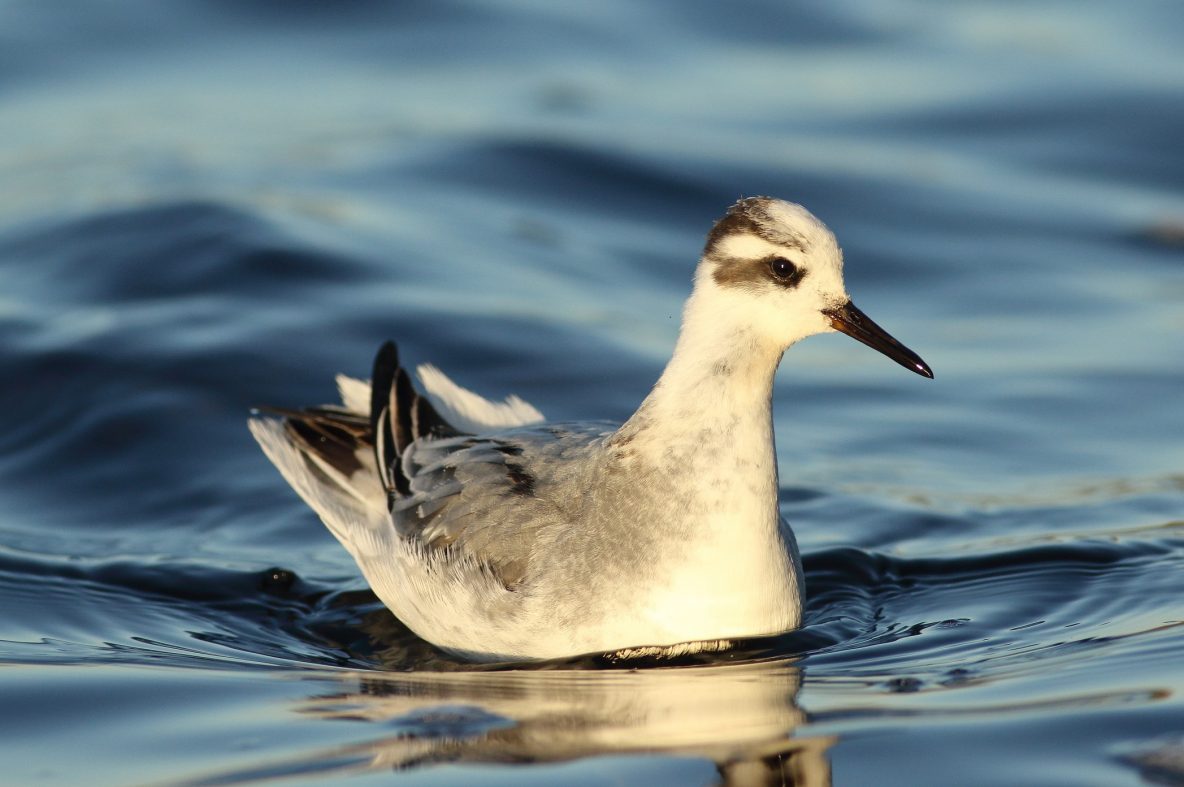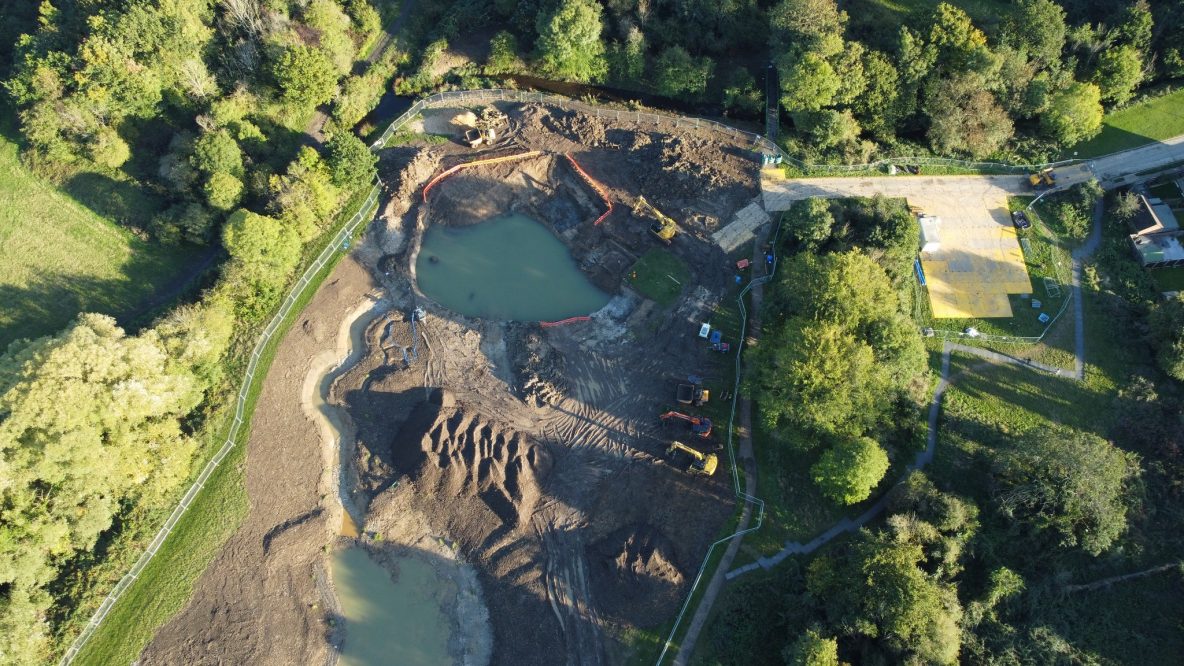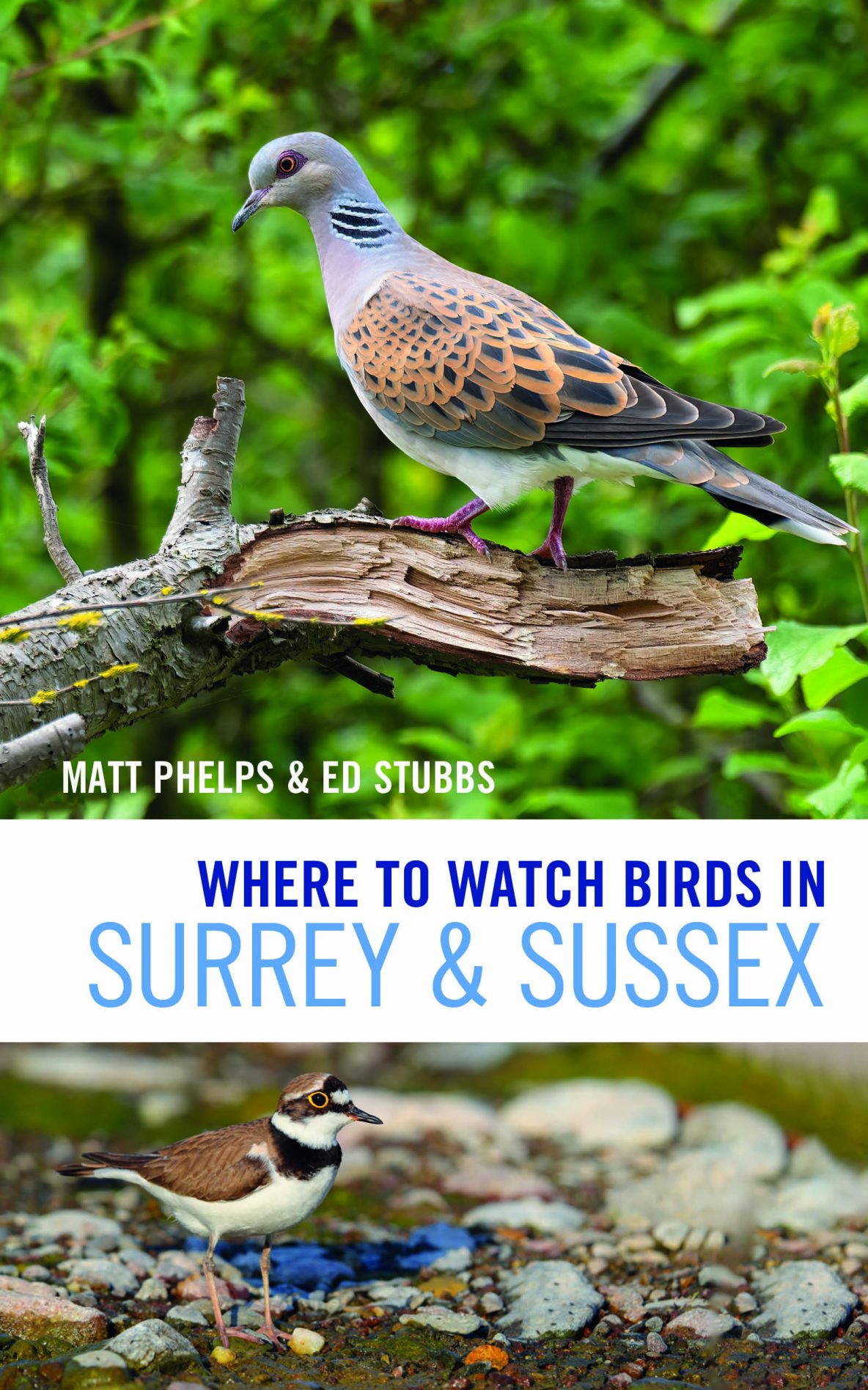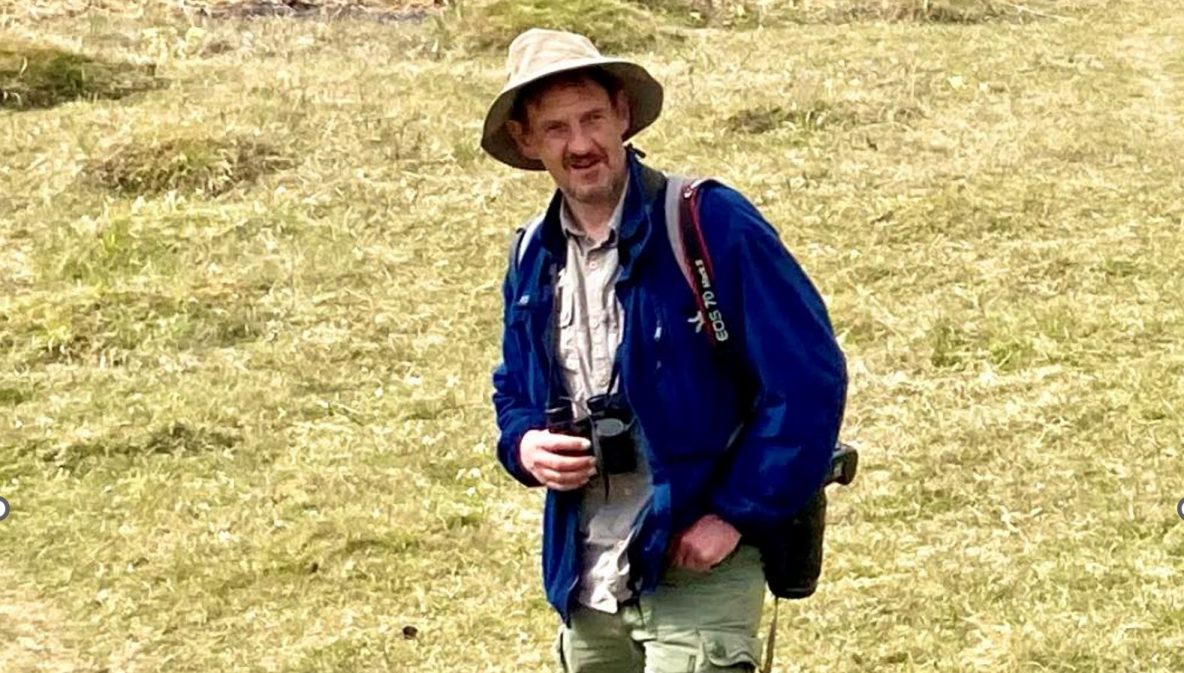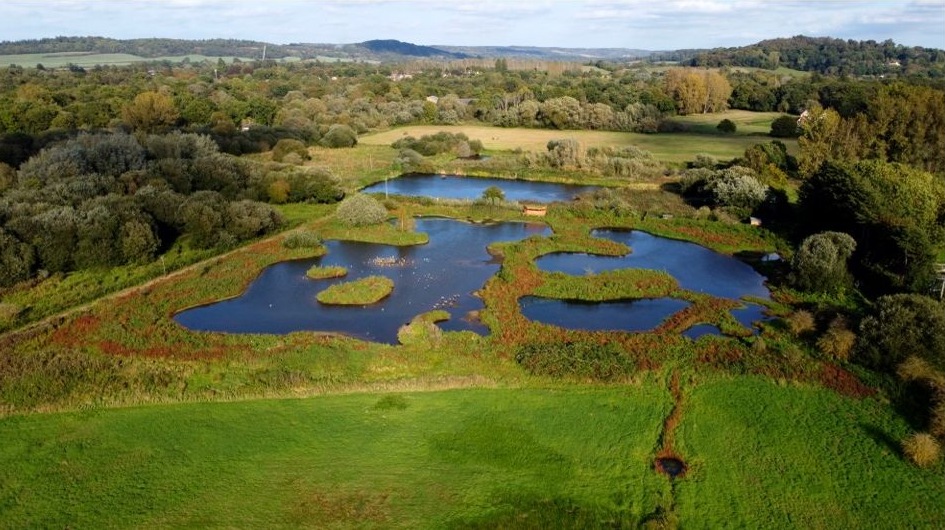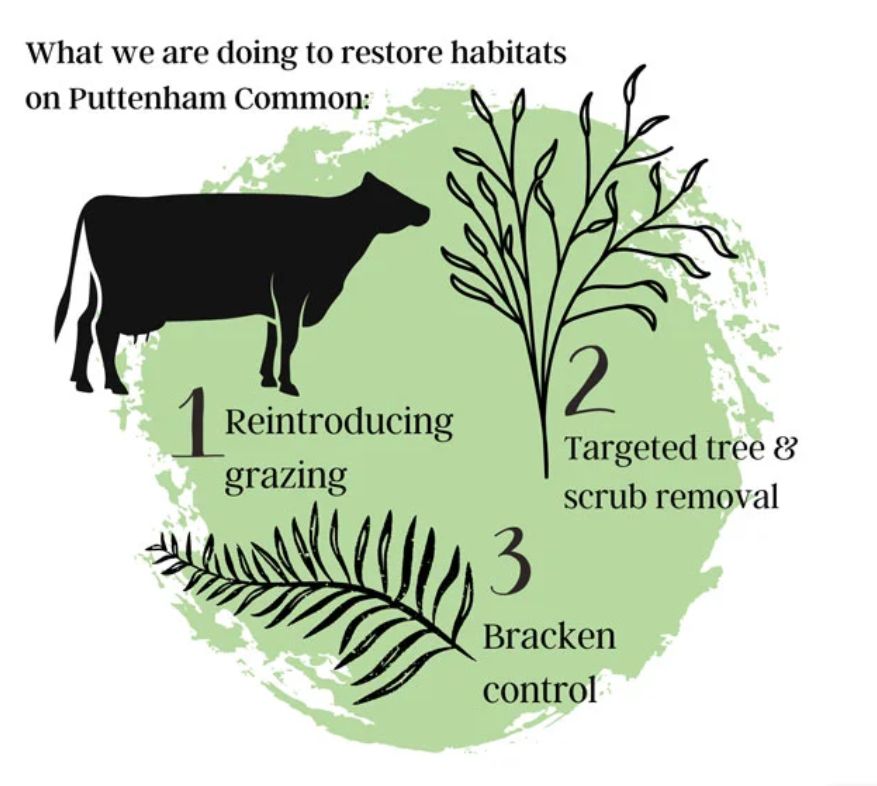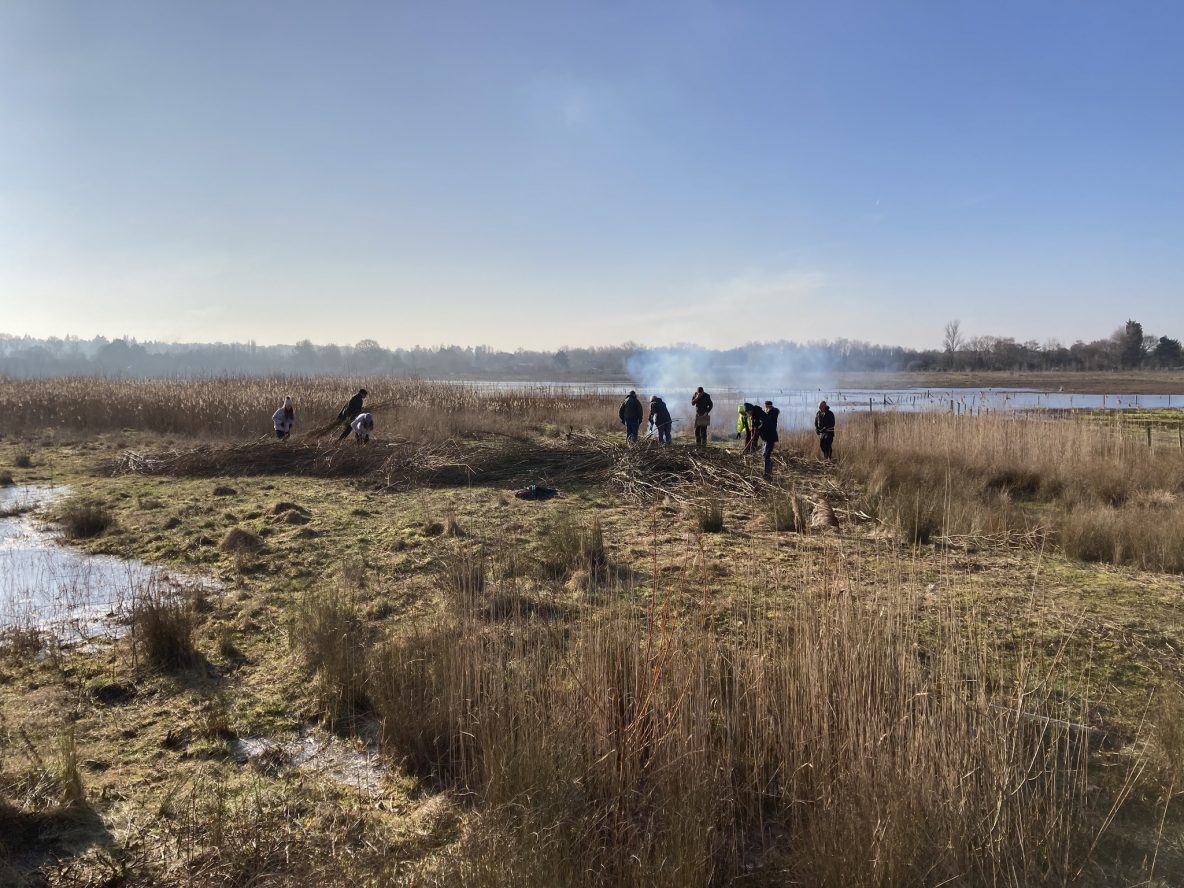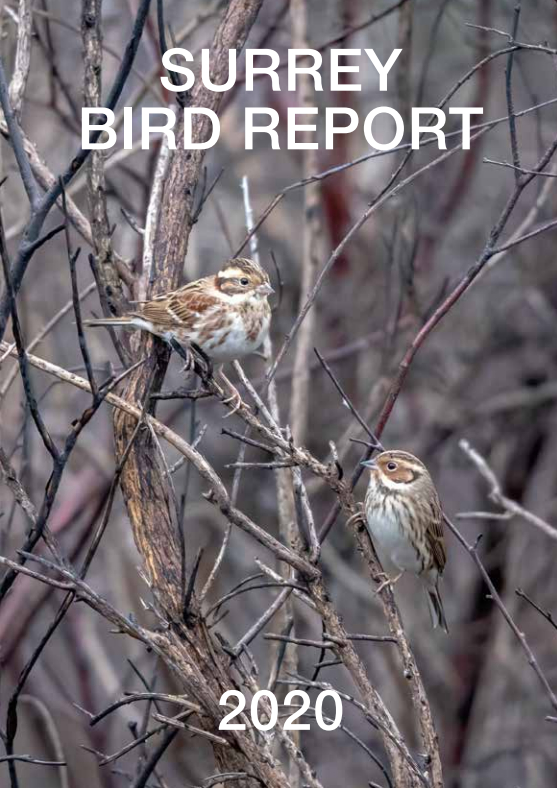Surrey Bird Club Records Committee decisions
The latest records committee meeting took place on 5 June 2024.
The aim was to get through all 2023 records and a single remaining 2022 record. In total, nearly 100 records were assessed – more than 75% of these were accepted.
Among the standout birds were the vice county’s second-ever record of Citrine Wagtail, and the first twitchable Marsh Warbler since 2001.
The full list of records are on the Records Committee Decisions page.

